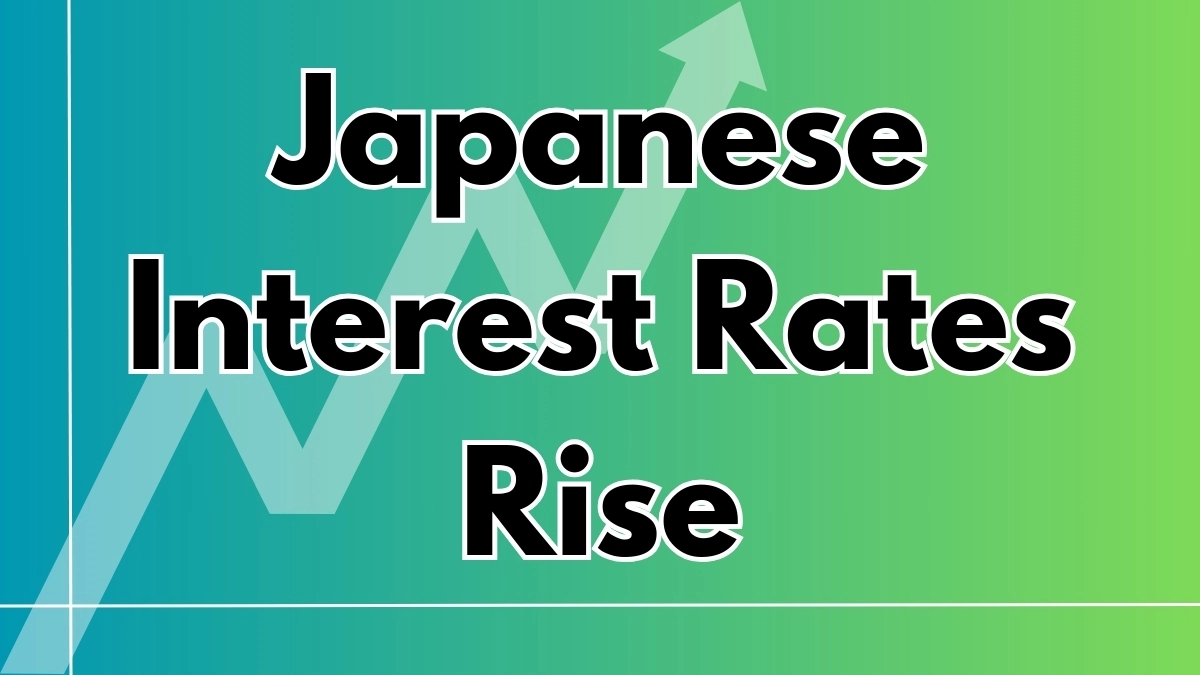Japanese Interest Rates Rise: In a landmark decision on January 24, 2025, the Bank of Japan (BoJ) raised short-term interest rates to approximately 0.5%, marking its highest level in seventeen years. This move reflects Japan’s ongoing efforts toward monetary policy normalization amid rising inflationary pressures.
The decision was supported by an overwhelming vote among board members and comes after extensive speculation regarding potential shifts in Japan’s economic strategy.
Table of Contents
Understanding the Japanese Interest Rates Rise
What Does This Mean?
The increase in interest rates is aimed at curbing inflation that has been steadily rising due to various factors including increased consumer prices and reduced government subsidies on energy.
Why Now?
With core consumer prices rising by about three percent year-on-year as reported recently, this rate hike signals Japan’s commitment to stabilizing its economy amidst global economic uncertainties.
Market Reactions
The immediate market response has been cautious yet optimistic as traders adjust their expectations regarding future monetary policies not just in Japan but globally.
Conclusion
The BoJ‘s decision marks a significant shift in Japan’s economic landscape and could have far-reaching implications on global markets as investors recalibrate their strategies in response to changing interest rates.
FAQs
Why did the Bank of Japan raise interest rates?
The rate hike aims to address rising inflation and stabilize the economy.
What impact will this have on global markets?
Investors may adjust their strategies based on these changes in monetary policy.
How long has it been since rates were this high?
It has been seventeen years since rates were last at this level.







